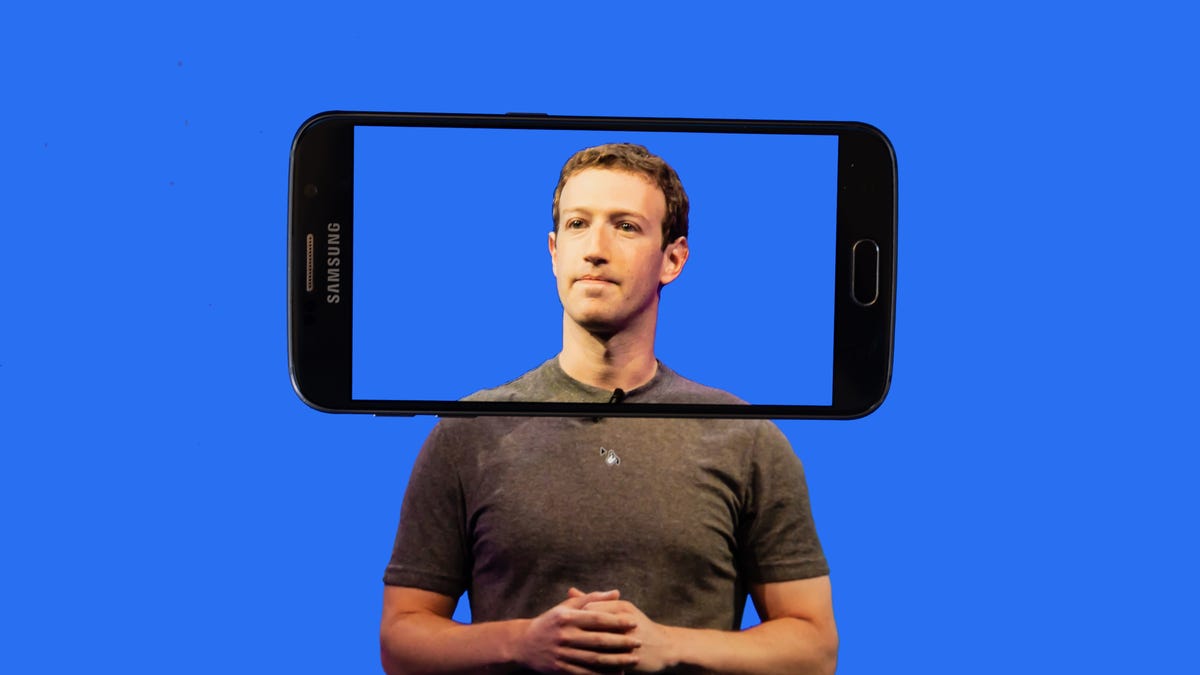Facebook Parent Meta Aims to Fuel VR Ambitions With Latest Acquisition

Meta CEO Mark Zuckerberg is betting big on the metaverse.
What's happening
Facebook parent company Meta purchased a Berlin startup to help fuel its virtual reality ambitions.
Why it matters
Meta has been doubling down on creating the metaverse, virtual spaces where people can work, play and socialize. VR is a key part of those efforts, but Meta is also facing allegations from regulators that it's trying to "buy its way to the top."
Facebook parent company Meta has acquired a Berlin startup to help achieve Meta's virtual reality ambitions.
On Friday, Meta confirmed it purchased a company called Lofelt that's developing "next generation" haptic technology for virtual reality. Haptic technology helps create a sense of touch in virtual spaces by using vibrations and other forces in devices such as controllers.
"We're excited that members of the Lofelt team have joined Meta. The partnership will provide people with better haptic experiences and effects when using Meta's VR devices," said Meta spokesperson Kari Ramirez. Meta declined to share the terms of the deal.
The acquisition shows how Meta continues to double down on the metaverse, virtual spaces where people can work, play and socialize. One way people can enter these virtual spaces is by strapping on a virtual reality headset like the Quest 2 that Meta developed.
US regulators, though, have been scrutinizing Meta's acquisitions more heavily. In July, the Federal Trade Commission said it's trying to block Meta's acquisition of Within Unlimited, a virtual reality studio that created the VR fitness app Supernatural. The FTC alleges that the acquisition is illegal and that Meta is trying to buy its rivals rather than compete with them. Meta pushed back against the idea that the purchase would lead to anticompetitive outcomes and said the FTC was sending a "chilling message" to those who want to innovate in VR. Meta, known as Facebook at the time, purchased VR headset maker Oculus in 2014 for at least $2 billion.
The Wall Street Journal, which reported earlier on the acquisition, noted that Lofelt has roughly 25 employees and raised about 10 million euros ($10 million) in funding prior to the deal with Meta.
Lofelt's website says the company ended support for its mobile apps in July and is "embarking on a new adventure."

